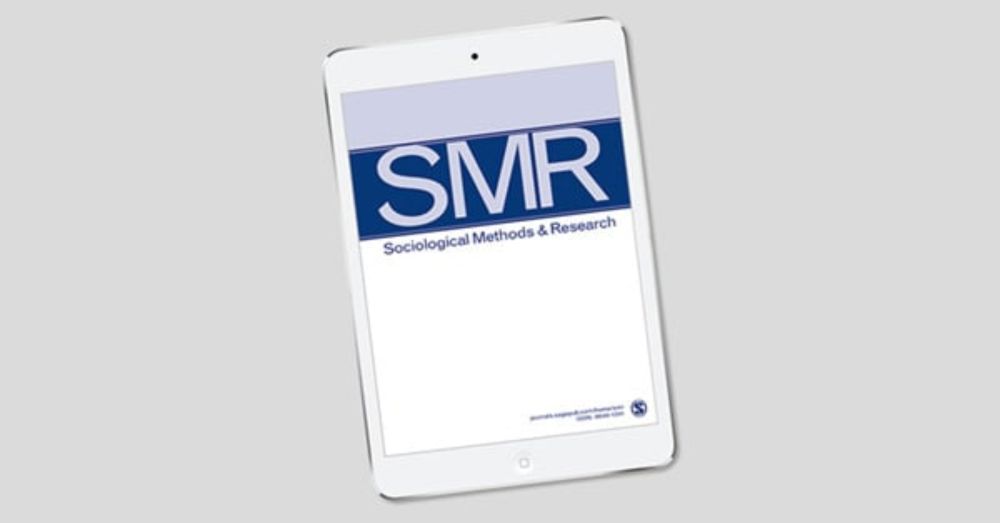
https://ophastings.com

We examine parental spending on children during the pandemic (compared to 2015-2019) to understand what changed and why. Highlight thread👇
doi.org/10.1111/jomf...
www.lse.ac.uk/Economic-His...
www.lse.ac.uk/Economic-His...
doi.org/10.31235/osf...

doi.org/10.31235/osf...
doi.org/10.31235/osf...

doi.org/10.31235/osf...
doi.org/10.1007/s112...
🧵👇 (1/5)
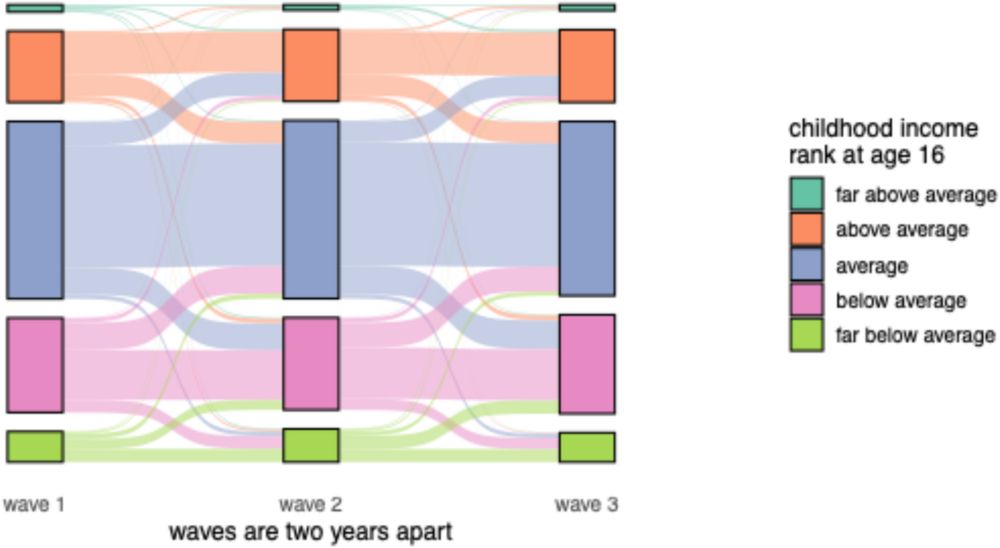
doi.org/10.1007/s112...
🧵👇 (1/5)

doi.org/10.1007/s112...
🧵👇 (1/5)

doi.org/10.1007/s112...
🧵👇 (1/5)

doi.org/10.1007/s112...
🧵👇 (1/5)
Very thoughtful pushback against the ascendancy of the credibility revolution.
asocial.substack.com/p/inequality...
Hope you enjoy!

Very thoughtful pushback against the ascendancy of the credibility revolution.
asocial.substack.com/p/inequality...
Hope you enjoy!
doi.org/10.1007/s112...
🧵👇 (1/5)

doi.org/10.1007/s112...
🧵👇 (1/5)
Reviewer 2
Reviewer 3
1. Brilliant
2. Obvious
3. Impenetrable
Reviewer 2
Reviewer 3
"Quantitative Research in Political Science is Greatly Underpowered."
(with A+ co-authors)
"Quantitative Research in Political Science is Greatly Underpowered."
(with A+ co-authors)
jobs.colostate.edu/postings/165...

jobs.colostate.edu/postings/165...
Feedback welcome!🤗
@socarxiv.bsky.social #sociology
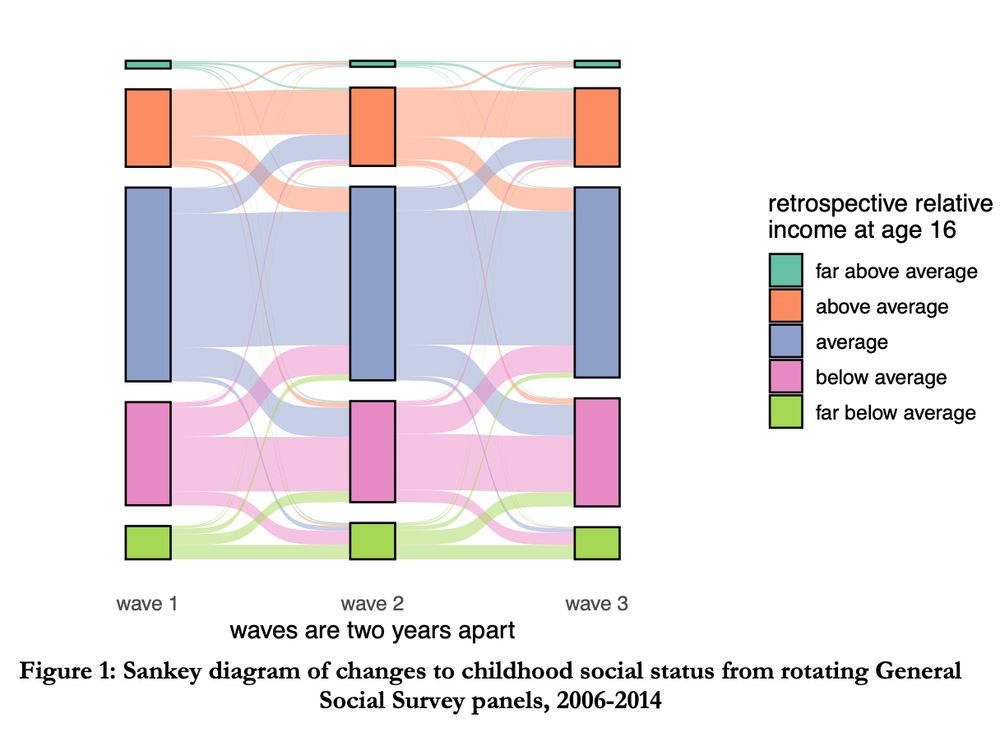
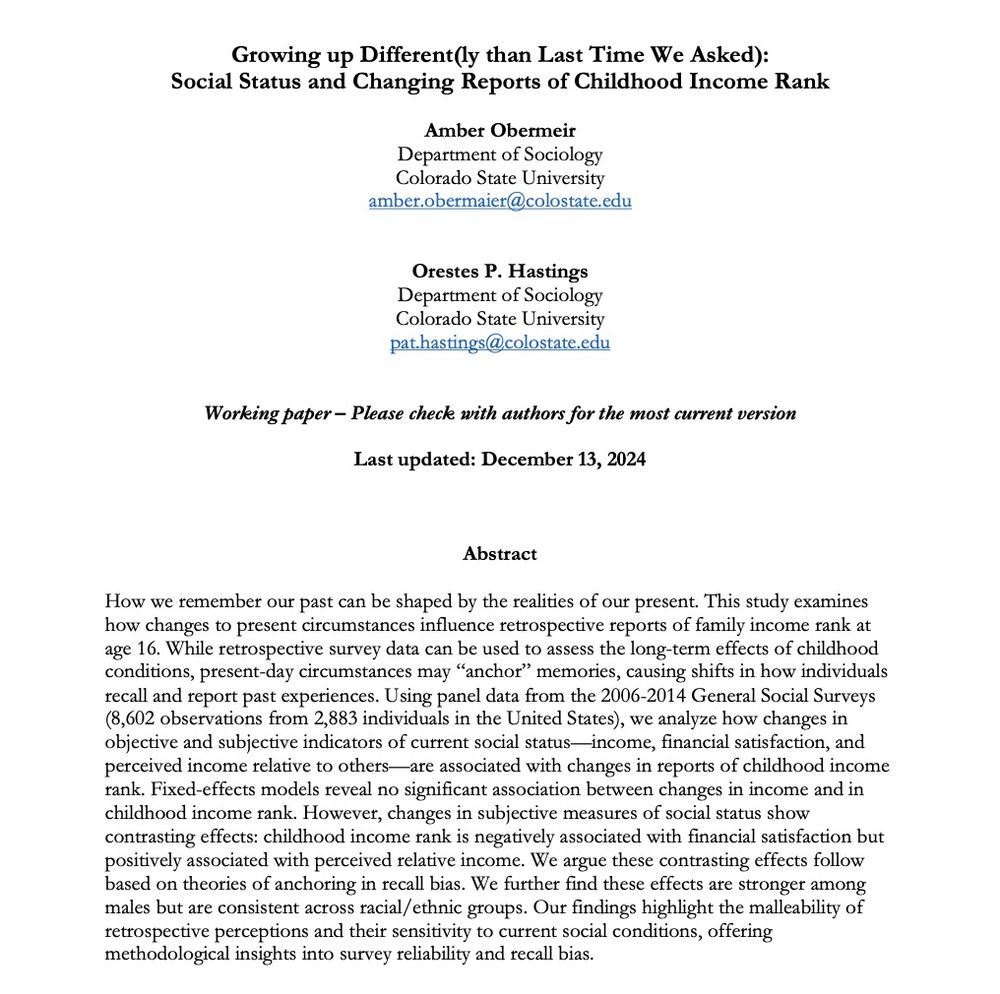
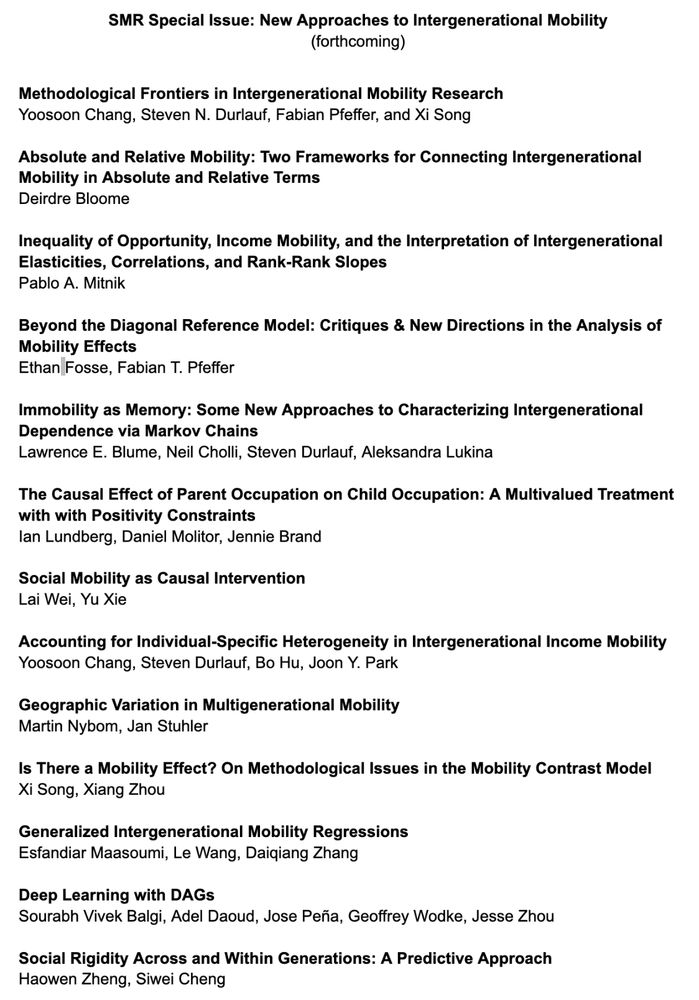
A new seminar series on advanced modelling w/ impact across health/society.
🌍 Open to *ALL*!
🕑 Weds 2pm UK alternating weeks (online)
🔗 metrics-and-models.github.io
📬 [email protected]
Brilliant speakers. *Please share*!
A new seminar series on advanced modelling w/ impact across health/society.
🌍 Open to *ALL*!
🕑 Weds 2pm UK alternating weeks (online)
🔗 metrics-and-models.github.io
📬 [email protected]
Brilliant speakers. *Please share*!
In our new #OA article, we studied the drivers of ethnic school segregation.
Research on segregation often points to parental preferences, but what if it's not just about what parents want, but also what options they actually have?
🔗 doi.org/10.1093/esr/jcaf027
In our new #OA article, we studied the drivers of ethnic school segregation.
Research on segregation often points to parental preferences, but what if it's not just about what parents want, but also what options they actually have?
🔗 doi.org/10.1093/esr/jcaf027
Almost all for some health outcomes like psychological distress and self-rated health, but a lot less for others like severe chronic conditions. Heart attacks and stroke are in between.
read.dukeupress.edu/demography/a...

Almost all for some health outcomes like psychological distress and self-rated health, but a lot less for others like severe chronic conditions. Heart attacks and stroke are in between.
The 2024 GSS, like 2022, uses web, in-person, and phone modes. For some variables this can complicate analyses of trends. See documentation.
Still a prob sample & gold standard survey w/ high resp rates (by contemporary standards).
The 2024 GSS, like 2022, uses web, in-person, and phone modes. For some variables this can complicate analyses of trends. See documentation.
Still a prob sample & gold standard survey w/ high resp rates (by contemporary standards).
